Long years seem to have passed since Helen Suzman, who has died aged 91, single-handedly carried the banner of anti-racism in South Africa’s apartheid parliament, her star the brightest in the liberal firmament. Yet it happened not all that long ago. She was elected in 1953, and her solitary, 13-year crusade lasted from 1961 to 1974. After that, the electoral tide took a sudden, fortunate turn and she was joined by seven Progressive Federal party colleagues. She continued as an MP until 1989, standing down amid accolades from all over the world.
That was the year in which President FW de Klerk removed the ban on the liberation movements and opened the prison gates to release, among others, Nelson Mandela. After that, the black liberation movement brought other heroes on to the stage – and, in the process, displaced the liberals. That is why Helen’s “magnificent battle against apartheid”, as Mandela described it, belonged to an earlier era.
Born Helen Gavronsky in the Witwatersrand town of Germiston, of Lithuanian immigrant parents, she was sent to Parktown convent school where, she says, she was taught by rote by the nuns, which endowed her with a very good memory. The nuns also taught their pupils to be bad losers, which Helen thought was excellent training for politics.
She matriculated when she was 16, started and abandoned a bachelor of commerce course at Witwatersrand University and married a doctor, Mosie Suzman, when she was 19 (and he was 33). She returned to Wits to complete her degree, became a statistician at the War Supplies Board until 1944, and in 1945 was appointed a tutor and then lecturer in economic history at Wits, a post she held until she became an MP.
Helen became a United Party MP (Jan Smuts’s old party) five years after the National party had been voted into office in 1948. Six years after her election, in 1959, she and 10 of her colleagues, disgusted by the UP’s refusal to vote for more land grants to blacks, resigned and formed the Progressive Party, later to become the Progressive Federal party. In the 1961 general election – the year in which South Africa become a republic – the Progressives were almost wiped out, except for Helen, who won her seat in the Johannesburg suburb of Houghton. This marked the beginning of her 13 lonely years as a liberal MP (for six of them she was the only woman among 165 male, very chauvinist MPs).
It was during these years that she built her reputation. She possessed four qualities in particular. Firstly, she was completely fearless, confronted though she was by some of the most menacing and odious politicians of any parliament ever. Secondly, she seemed to have more energy than anyone else (although she missed Harold Macmillan’s “wind of change” speech in the South African parliament in 1960 because she had infectious hepatitis). She often attributed her physical health to the fact that she never drank wine, only whisky.
Thirdly, Helen had an unfailing sense of humour, sometimes lovely and light, at other times cutting and caustic. Fourthly, she pursued with extraordinary tenacity the principle that should be inscribed on her tombstone – “let right be done”.
She seemed to regard the ministers with whom she fought as denizens of some primeval forest. Without this humour, she could never have survived. She described how government MPs used to bleat “Mau Mau” when she stood up, or shout “go back to Moscow/Ghana/Israel”. In her autobiography, In No Uncertain Terms (1993), she notes, in a whimsical way: “I came from none of them.”
Helen’s reputation was built not on lofty thoughts and resounding speeches, but on hard work. One by one, as they came off the assembly line, she shredded the bills that removed civil liberties. One by one, she tore her parliamentary colleagues apart for their callousness, ignorance and ineptitude. Day after day, she would meet the poor, either in her office, or more often in their own shacks, listening to their tales of sorrow and sadness, of hurt and hatred. And with typical chutzpah, she would accost ministers in the parliamentary lobby or beard police officers in their dens, and demand to know why some nameless person of colour was being deprived of his or her rights.
Perhaps the most rewarding visit Helen ever made outside parliament was to Robben Island to see Mandela and the other prisoners – rewarding because it signalled to the prisoners that they were not forgotten. Mandela says he came to know Helen very well during her visits, which continued after he was transferred to Pollsmoor prison on the mainland.
As the lone Progressive MP, Helen had decided, quite clinically, to “use parliament to expose the tragic effect” of apartheid laws. She used to quote Theodore Roosevelt: “I did what I could, where I was, with what I had.”
After standing down as an MP, she left it to others to serve as the watchdogs over abuse of power in the “new” South Africa that followed the fall of apartheid. Many liberals, guilt-stricken over the “slideaway” of the 1980s, when they believed they failed to speak out adequately against the excesses of the liberation movement, redoubled their efforts to prevent it from happening again, distancing themselves from so-called ANC groupies. Predictably, this did not endear them to the ANC. Leading the no-slideaway liberals was the South African Institute of Race Relations (of which Helen was once president). The Helen Suzman Foundation itself assumed what it saw as the historic mantle of liberalism to criticise.
The accolades were endless – honorary doctorates, two nominations for the Nobel peace prize, a damehood conferred on her by the Queen (although because she was not a British subject, she was not entitled to be called Dame Helen).
Everyone knew the name Helen Suzman – with one exception. She used to tell the tale that after returning from a trip to Australia in 1974 (when she was at the height of her fame), she stopped for a few days in Mauritius, where she had a “really torrid time” at the university, with “screaming students banging on their desks” and yelling “racist go home”. At breakfast one morning, she was directed to a table occupied by white South Africans. As she sat down, there was a hush, and Helen thought she had been recognised. “An aggressive female voice asked: ‘Aren’t you Helen Gavronsky from Germiston. I played hockey against you at school. What have you been doing since then?’”
Mosie died in 1994, and Helen is survived by two daughters, Frances, an art historian, and Patricia, a doctor.—Dawn/The Guardian News Service
















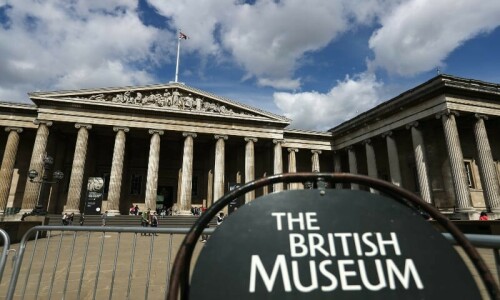



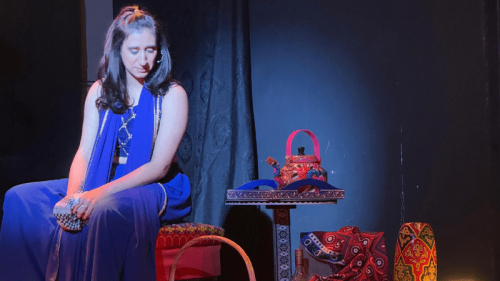

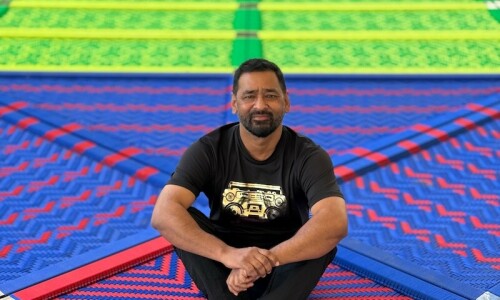









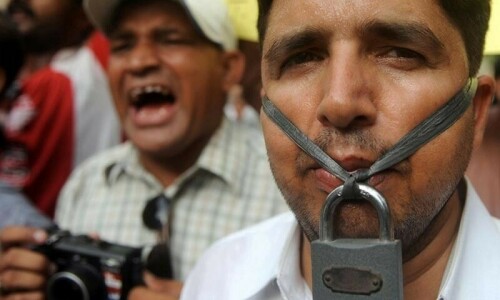
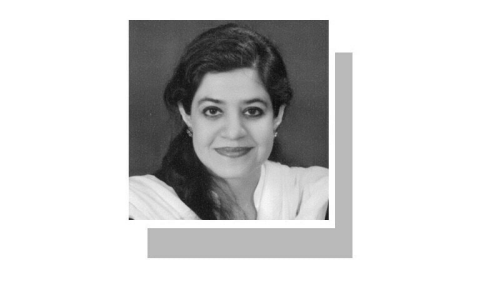

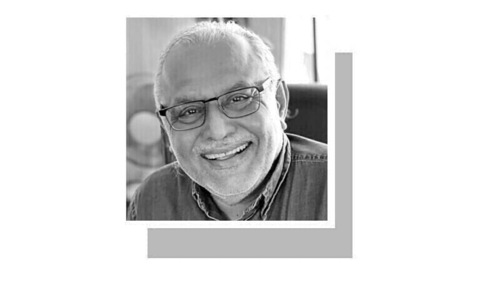
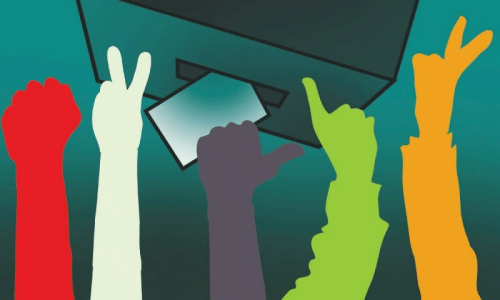
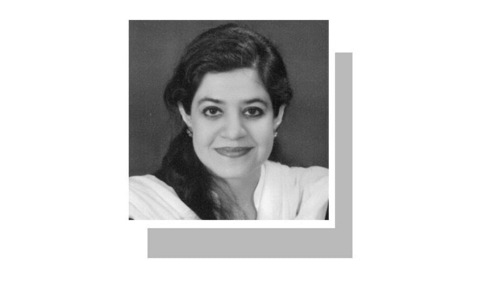

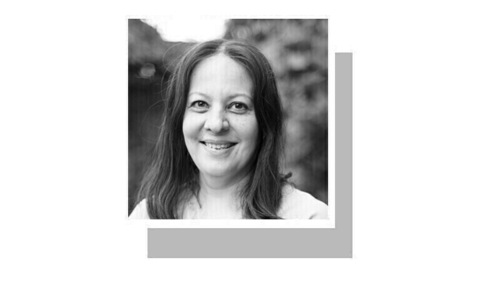







Dear visitor, the comments section is undergoing an overhaul and will return soon.